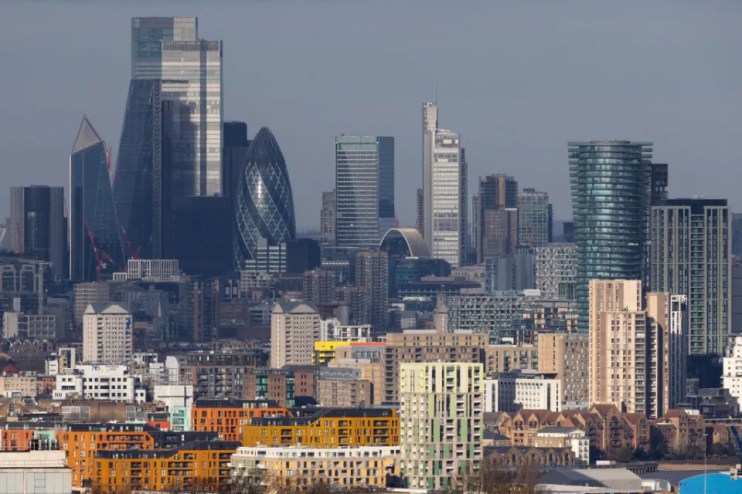UK recession confirmed as revised figures deal fresh blow to Rishi Sunak

Latest official figures have confirmed that the UK fell into recession at the end of last year in a blow to prime minister Rishi Sunak’s economic policy.
Data from the Office for National Statistics (ONS) showed a the UK’s gross domestic product (GDP) contracted by 0.3 per cent in the last three months of 2023 after a fall of 0.1 per cent in the previous quarter, unchanged from its previous estimate last month.
A technical recession is defined as two consecutive quarters of negative growth. Small revisions from the ONS that were not visible in the headline figures, which are rounded to one decimal place, meant that the cumulative decline in the two quarters was 0.4 per cent, rather than a previously stated 0.5 per cent.
Most economists think last year’s recession is already over, however. GDP expanded by 0.2 per cent in January, driven by a strong performance from the all-important service sector.
Survey data suggests the economy has continued to expand in the following months.
The most recent PMI data pointed to a “robust expansion” in March, with the UK outperforming European peers and the US.
With inflation set to fall to two per cent in April and the Bank of England likely to start cutting interest rates in June, many of the obstacles faced by the UK over the past few months are clearing.
Rob Wood, chief UK economist at Pantheon Macroeconomics argued last week that “the stars are aligning for stronger consumer spending growth this year”.
Lindsay James, investment strategist at Quilter Investors, said after the ONS’ release on Thursday: “It would be premature to declare that the economy has completely turned a corner; however, the indicators suggest that the recession experienced was relatively brief.
“The current expectations align more with a stabilisation in the first half of 2024 rather than a robust bounce-back, primarily due to the ongoing impact of high interest rates and their delayed effects on the market.”